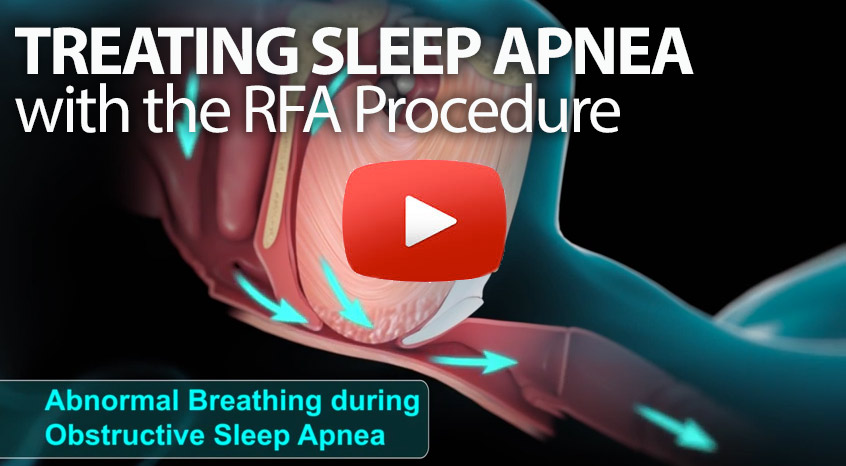Regardless if you are a person who can quickly fall asleep or a person who suffers from a disorder from insomnia or sleep apnea, there will be times that you simply can’t get any shuteye. However, there many things that you can do to help “wind down” and encourage sleep. Here are some of the more unusual, yet effective ways that you can bring about a restful night of sleep.

A study has shown that people who make their bed tend to sleep faster and have a better quality sleep overall.
Simulate Dawn.
No matter how sophisticated with our high rise buildings and advanced gadgets, humans are mammals that can benefit from the natural dawn hours. Melatonin is a key hormone that can bring about sleepiness, however, melatonin and it’s induced hormones are triggered by dark environments, which is hard to come by in our world of electricity. To simulate dawn, dim the lights around your room about an hour before your projected bed time.
Avoid Smartphones and Computers at Night
Many people still use their smartphones and computers, even while they are trying to sleep. The bright lights counteract sleep hormones. To encourage sleep, lower the lights on your screen, or use software that will simulate dawn. Some individuals may actually feel more comfortable using sunglasses. Sunglasses have the same effect of diminishing light sources, inducing a wave of drowsiness within an hour.
Tire Yourself Out
Many people lead a sedentary lifestyle, with very little energy utilization. To encourage a restful night’s sleep, you can include exercise into your daily regimen. Waking up early, and doing activities that engage your muscles will help encourage a full nights sleep. For some people, this does not mean that they need to sign up for a gym membership. Getting off the bus a stop before you actual stop, taking the stairs instead of the elevators, and standing up from your office chair to complete a couple of lunges and stretching exercises can help release pent-up energy that can affect your sleep later in the day.
Don’t Anticipate a Sleepless Night
Many people have a difficult time sleeping or waking up in the morning. A lot of the times, this is due to an out of sync circadian rhythm or simple sleep deprivation. Cortisol and other hormones spike in the morning, encouraging alertness. Not being able to wake up can be a sign of alertness hormones being out of whack. A study has shown that anticipating a wake-up or anticipating a restful night of sleep can encourage your body to act accordingly. If you go to bed, stressing over your quality of sleep can actually induce it. Reduce and manage stress to help calibrate your brains built-in alarm system. Warm baths, massages, and certain scented candles are known to encourage sleep.
Make It a Habit to Make Your Bed. A study has shown that people who make their bed tend to sleep faster and have a better quality sleep overall. The simple act of changing sheets can trigger recall of formative years where parents required that you make your bed on a regular basis, and for some simply sleeping on fresh, recently cleaned sheets can help induce a feeling of relaxation.
Lower the temperature a bit. The temperature in your sleeping area should be around 65° – this is a perfect temperature to feel comfortable under a warm blanket, while not overheating.The body temperature of a sleeping person lowers slightly. Experiment with the right temperature that will help you sleep through the night. Higher temperature tend to make it a bit difficult to fall asleep and cooler temperatures will encourage it.
If you or someone you know is in need of a better night’s sleep, contact us for a no obligation consultation. We are the sleep specialists at Chevy Chase ENT located in the Virginia, Maryland, and Washington D.C. metro area dealing with sleep apnea and sleep-related problems. We can help diagnose your condition, recommend whether a sleep study would be beneficial, and offer you a variety of treatment options including CPAP, Radio Frequency Ablation (RFA) and more.
